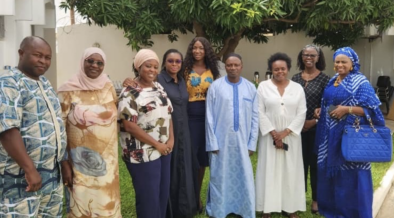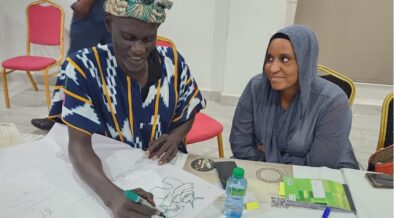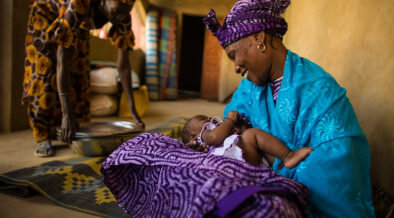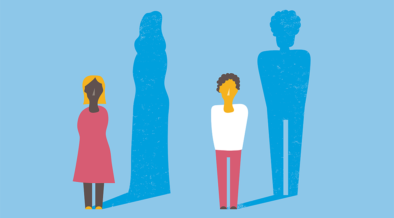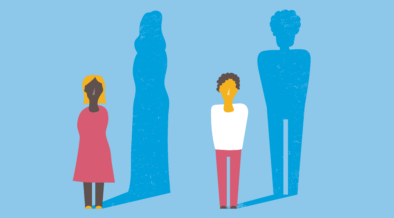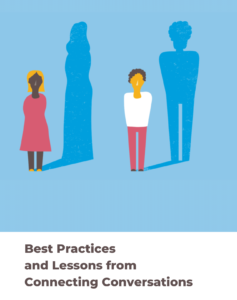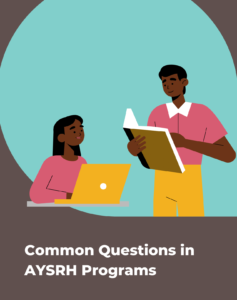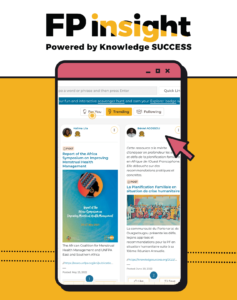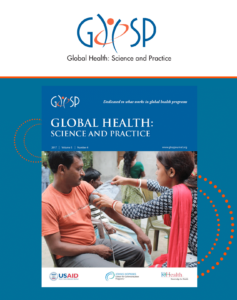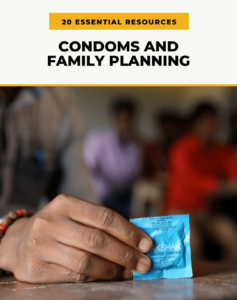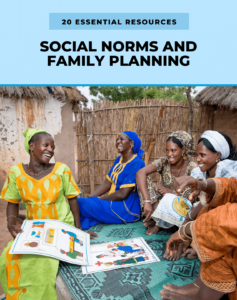Adolescent and Youth Sexual and Reproductive Health AYSRH

Adolescent and Youth Sexual and Reproductive Health (AYSRH)
Youth (ages 10–29) are a diverse group with different needs. They face numerous social, economic, and health challenges all while exploring and establishing their identity. The family planning and reproductive health (FP/RH) workforce in Asia, East Africa, and West Africa have identified youth, as well as meaningful youth engagement, as key focus areas in Knowledge SUCCESS surveys. The findings reiterated the fact that many young people are sexually active and are at risk of adverse reproductive health outcomes that subsequently can affect the achievement of their life goals. Youth may not have access to contraception (including condoms) or may not feel empowered or have the knowledge to use them consistently. In general, young people are unlikely to seek health services, and when they do, they often encounter bias and judgment from health workers.(read more)
- Training to address health worker bias
- Social and behavior change communication
- Advocacy for policy change
- Edusports and edutainment
- Life skills education
- Educational messages designed for youth and shared via various media outlets
- Mentorship
- Outreach services
- Adolescent Responsive Service delivery
- Social media
- Youth support structures
- Demand creation linked to services
- Social behavior change communication in communities
- Social norm change
These approaches are usually implemented in conjunction with others—like pairing demand creation with outreach services and addressing provider bias. Donors, government agencies, programs, and service providers must take holistic approaches to addressing youth issues, utilizing existing resources and evidence-based interventions to counteract social norms. (read less)
Explore AYSRH Content
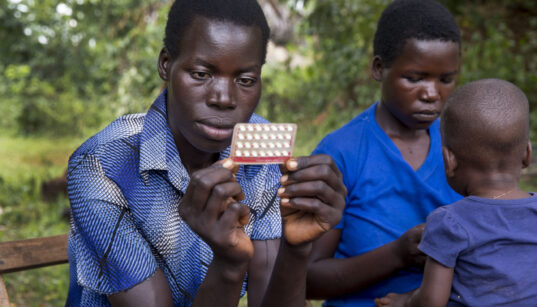
To fill a gap in resources on how to effectively develop health policy, Samasha partnered with USAID’s PROPEL Health project to create a how-to guide on Uganda’s self-care policy development process that other countries may use to inform their own policy development processes.
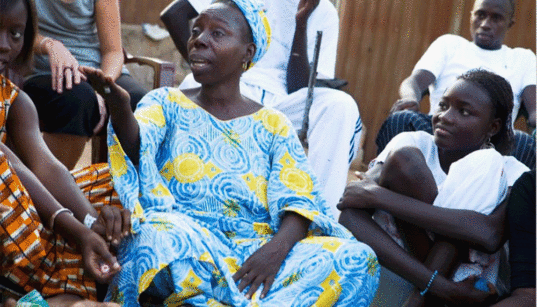
On August 10, 2022, the Knowledge SUCCESS project and PATH hosted a bilingual peer assist to address the issues and challenges identified by Senegal’s group of Self-Care Pioneers to better advance their progress in the field.


